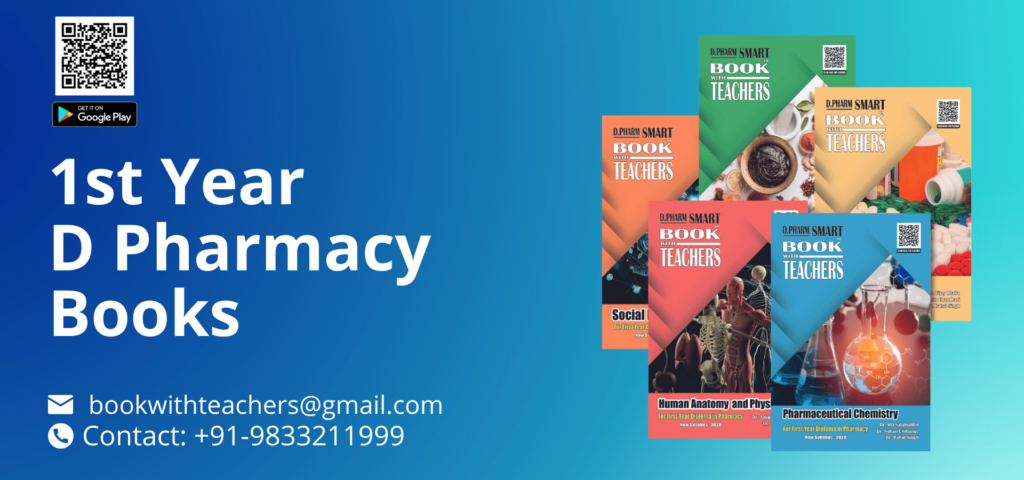You have chosen the Diploma in Pharmacy ( D.Pharmacy ) and now you will have to read 200-300 pages of books for each chapter there are as per the ER 2020 syllabus there are a total of 5 chapters in 1st year D.Pharma
1st Year D.Pharmacy Book Names
Knowing only book names won’t be enough right, so let me give you short information about each subject in D.pharmacy
There are total 5 subjects for your 1st year D.Pharmacy each subject consists the most important information about drugs(medicine) and the human body which will help you to become a successful pharmacist
1. Pharmaceutical Chemistry
Pharmaceutical chemistry is the study of drugs(Medicine), and also you will learn about drug development. This includes drug discovery, delivery, absorption, metabolism, and more. There are various elements of biomedical analysis, pharmacology, pharmacokinetics, and pharmacodynamics. it is usually done in a lab setting.

Pharmaceutical chemistry involves the following factors
- Cures
- Remedies for disease
- Analytical techniques
- Pharmacology
- Metabolism
- Quality assurance
- Drug chemistry
It includes the various methods, techniques, and analyses for the synthesis and development of drugs that can be remedial for different types of diseases. Most of the activity in this course is lab-based.
Studying pharmaceutical chemistry allows students to discover life-saving remedies, enhance the delivery speed of new medications, and help others. Pharmaceutical chemistry also includes other branches of study such as pharmacokinetics, pharmacodynamics, and drug metabolism. These are important for learning the effects that drugs have on the body.
Pharmaceutical experts are generally employed in:
- Pharmaceutical companies or factories
- Research Centers
- Laboratories in schools and government
- Manufacturing industries
- Food industries
- Product marketing agencies
- Health Centers
- Clinics
- Drug Control Administration
- Medical Stores
- Colleges and Universities
2. Pharmaceutics
Pharmaceutics is the study of the process of turning a new chemical entity (NCE), or old drugs into a medication to be used safely and effectively by patients.

Pharmaceutics helps relate the formulation of drugs to their delivery and disposition in the body.
It includes the various methods, techniques, and analyses for the synthesis and development of drugs that can be remedial for different types of diseases. Most of the activity in this course is lab-based.
- Described the different dosage forms and their formulation aspects
- Explain the advantages, disadvantages and quality control tests of different
dosage forms - Discuss the importance quality assurance & good manufacturing practices
Course Objectives: This course will discuss the following aspects of pharmaceutical
dosage forms
- Basic concepts, types and need
- Advantages and disadvantages, methods of preparation / formulation
- Packaging and labelling requirements
- Basic quality control tests, concepts of quality assurance and good
manufacturing practices
3. Pharmacognosy
This course is designed to impart knowledge on the medicinal uses of various drugs of natural origin. Also, the course emphasizes the fundamental concepts in the evaluation of crude drugs, alternative systems of medicine, nutraceuticals and herbal cosmetics.
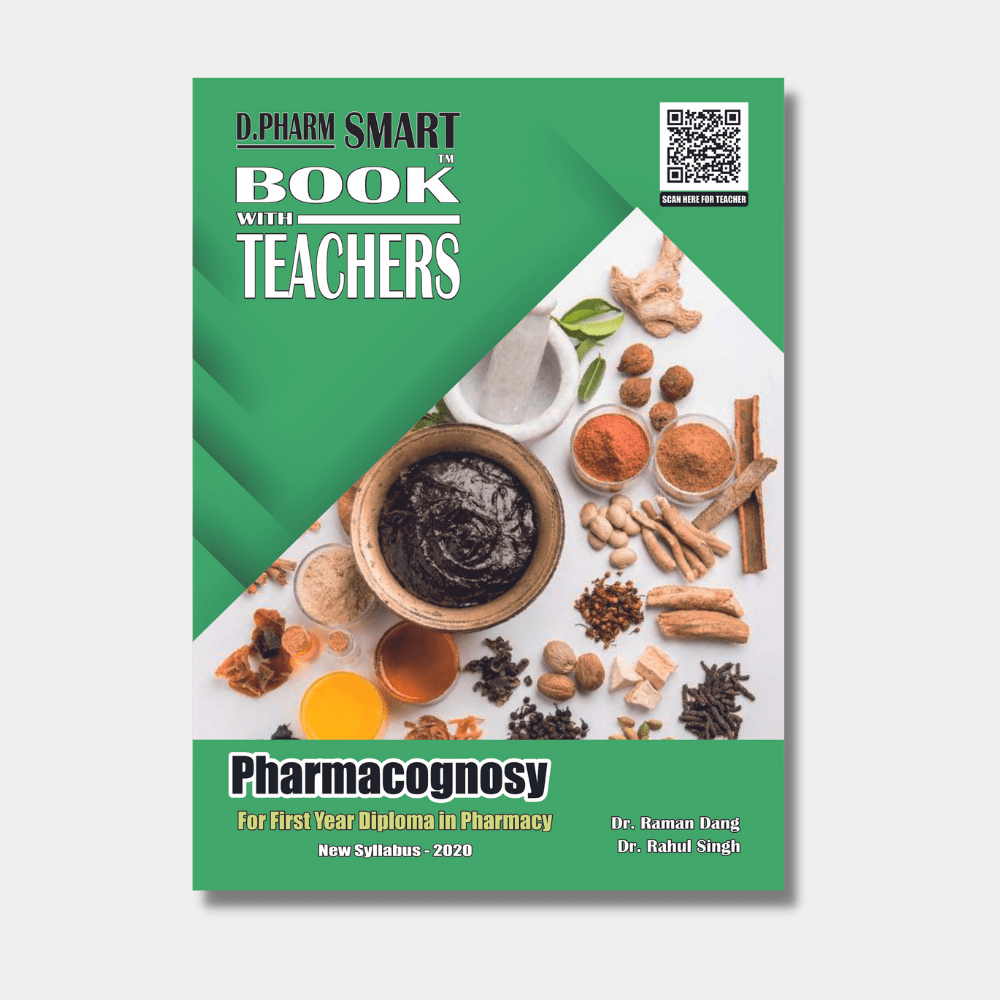
This course will discuss the following aspects of drug substances derived from natural resources.
It includes the various methods, techniques, and analyses for the synthesis and development of drugs that can be remedial for different types of diseases.
- Occurrence, distribution, isolation, identification tests of common phytoconstituents
- Therapeutic activity and pharmaceutical applications of various natural drug substances and phytoconstituents
- Biological source, chemical constituents of selected crude drugs and their therapeutic efficacy in common diseases and ailments
- Basic concepts in quality control of crude drugs and various system of medicines
- Applications of herbs in health foods and cosmetics
4. Social Pharmacy
This course is designed to impart basic knowledge on public health, epidemiology, preventive care and other social health related concepts. Also, to emphasize the roles of pharmacists in the public health programs.
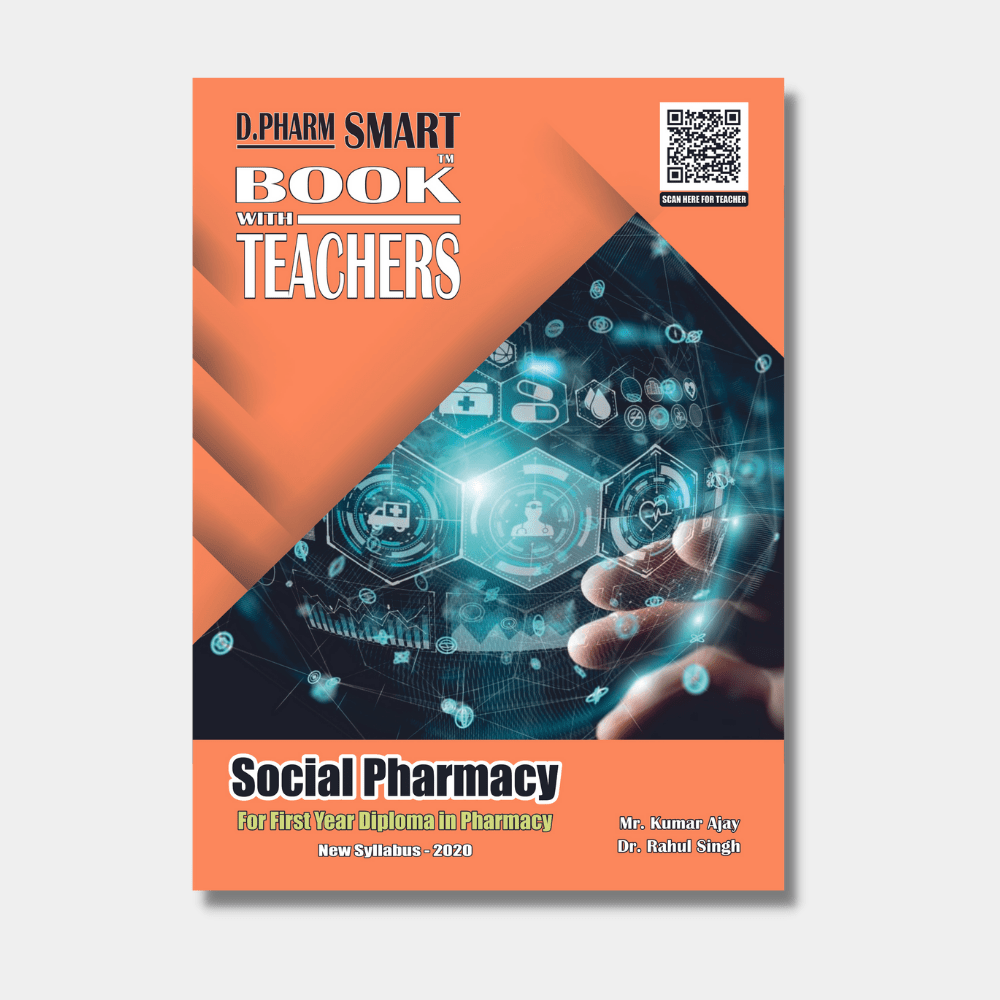
Course Objectives: This course will discuss about basic concepts of
- Public health and national health programs
2. Preventive healthcare
3. Food and nutrition related health issues
4. Health education & promotion
5. General roles and responsibilities of pharmacists in public health
5. Human Anatomy and Physiology
This course is designed to impart basic knowledge on the structure and functions of the human body. It helps in understanding both homeostasis mechanisms and homeostatic imbalances of various systems of the human body.
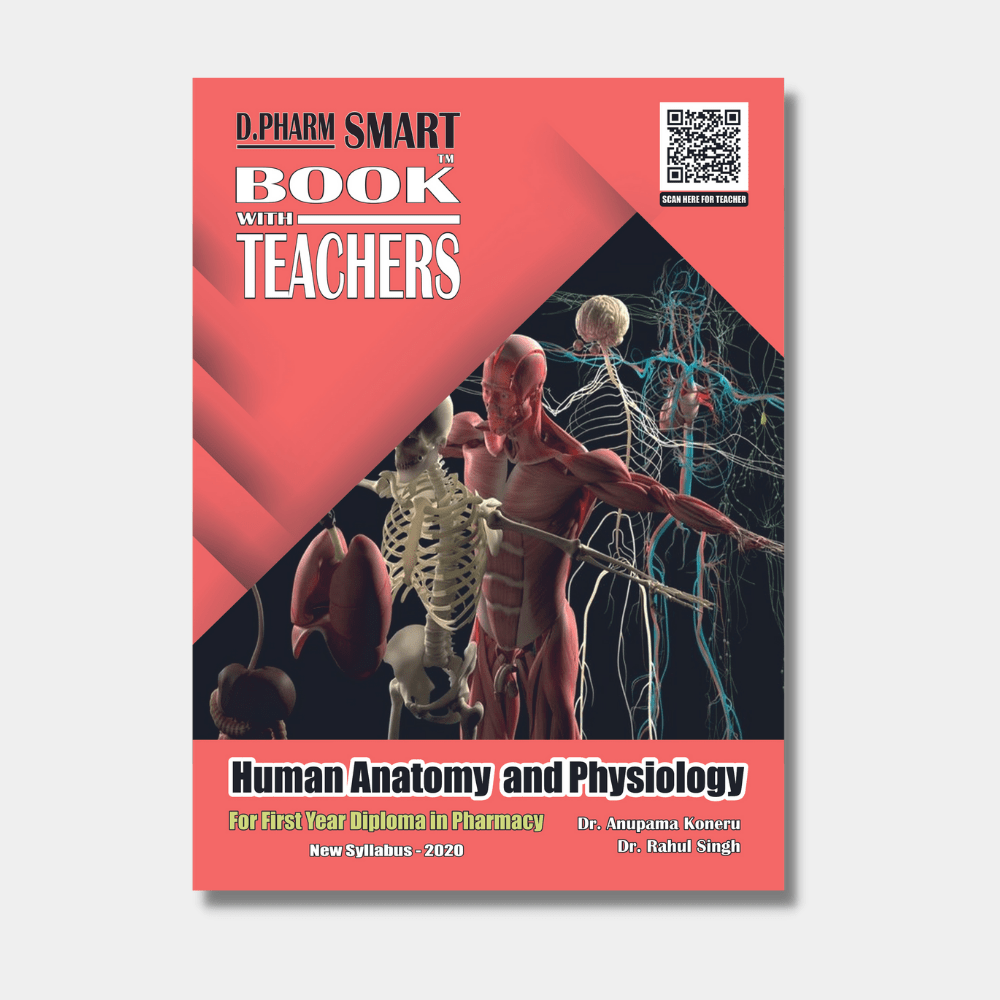
Course Objectives: This course will discuss the following
- Structure and functions of the various organ systems and organs of the human body
- Homeostatic mechanisms and their imbalances in the human body
- Various vital physiological parameters of the human body and their significances
